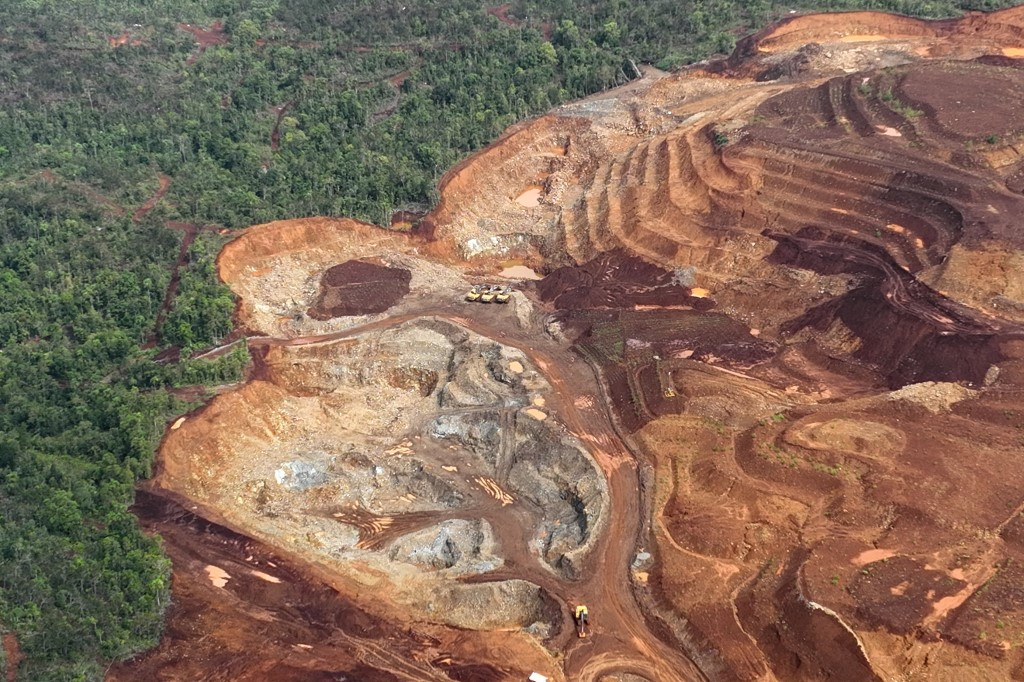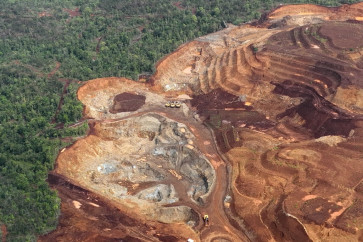Popular Reads
Top Results
Can't find what you're looking for?
View all search resultsPopular Reads
Top Results
Can't find what you're looking for?
View all search resultsClimate credibility gap: Can Indonesia and Brazil lead at COP30?
As the custodians of two of the world's top three tropical forests by area, Brazil and Indonesia have an opportunity, and arguably a responsibility, to take the global lead in climate policies by starting where it matters the most: at home.
Change text size
Gift Premium Articles
to Anyone
A
s the world prepares for the 30th Conference of the Parties (COP30) of the United Nations Framework Convention on Climate Change (UNFCCC) in Belém, Brazil, expectations are rising, especially for tropical forest nations like Indonesia.
In recent months, UNFCCC executive secretary Simon Stiell has visited the country twice, including on July 26, when he gave a keynote speech at the Indonesia Net-Zero Summit held by the Foreign Policy Community of Indonesia (FCPI), underscoring its strategic importance and calling it central to the success of COP30.
With Brazil and Indonesia both home to vast tropical forests and facing intense deforestation pressures, their collaboration on forest protection and emissions reduction is viewed as a potential catalyst for deeper global climate commitments.
Stiell even praised Indonesia’s forest management capacity and expressed hope that the country could help deliver a more ambitious global agreement at COP30, particularly around emissions reduction and climate adaptation.
His optimism comes at a pivotal moment: Indonesia is reportedly revising its climate targets, including an accelerated net-zero emissions goal by 2050 in its second Nationally Determined Contribution (NDC). The country has also committed to achieving a forestry and other land use (FOLU) net sink by 2030.
Yet behind the high-level diplomacy and promises lays a sobering reality. There is a widening gap between the country’s climate rhetoric and on-the-ground action; a gap that not only jeopardizes its own climate goals but also undermines global efforts to curb warming below 1.5 degrees Celsius.
Indonesia, home to around 90 million hectares of natural forest, plays a critical role in global biodiversity and climate regulation. Its FOLU Net Sink 2030 policy aims for forests to absorb more carbon than they emit. However, civil society organizations have raised serious concerns, arguing that the policy unfairly burdens forests with the task of offsetting emissions from other, far more polluting sectors.



















